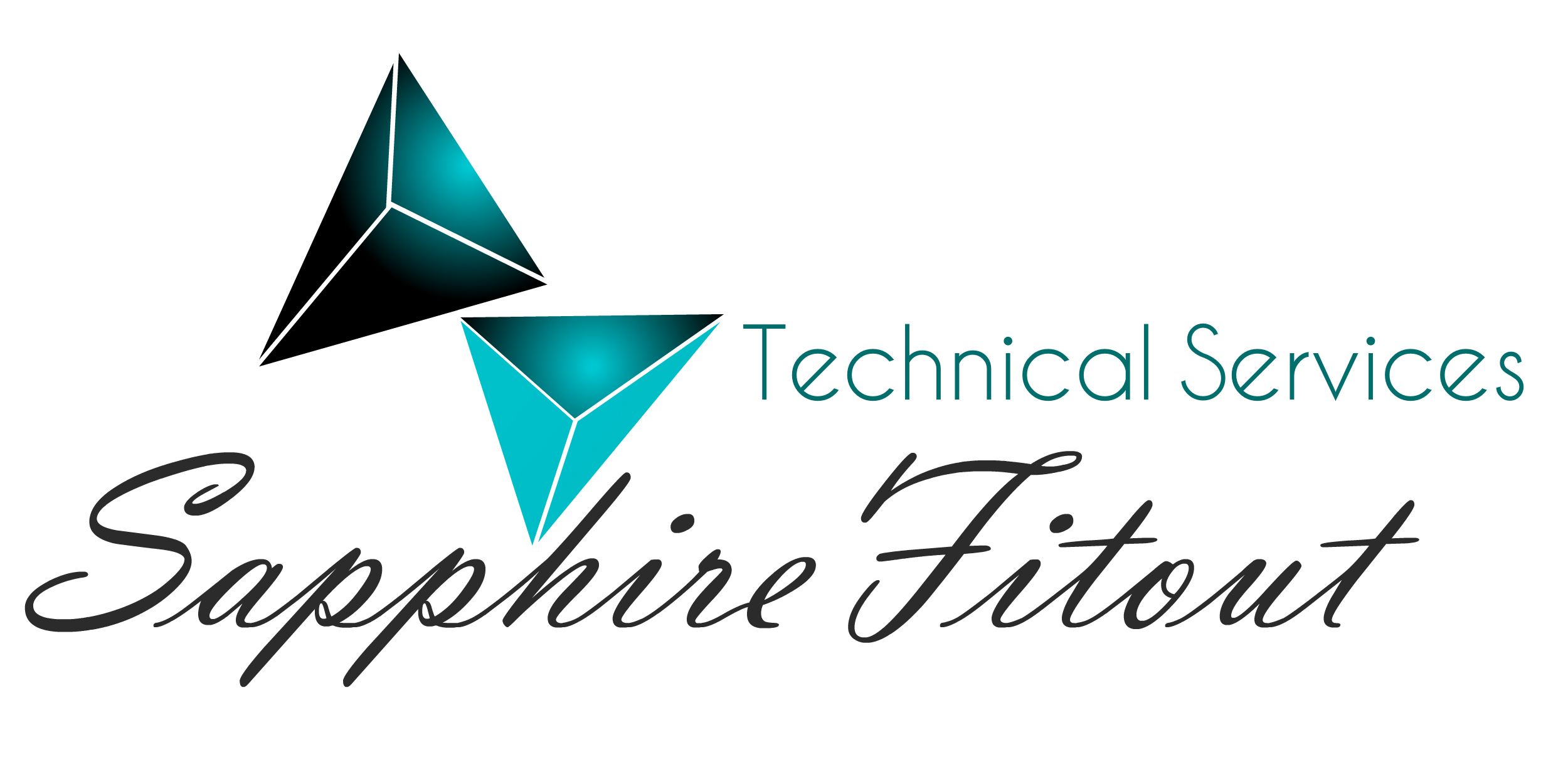In this age of technology there are a variety of options to store your important files. Cloud storage and virtual data rooms are the two most popular choices, but there are distinct differences in what they offer.
The choice between a VDR and a cloud storage service is a vital decision that will impact the security of your data. VDRs are used to manage data and file sharing during crucial corporate processes, like due diligence or M&A. Cloud storage is designed to offer a wide range of online storage options for files. Both have advantages, but it’s important to know the differences between them so that you can make an informed choice that is in line with your business’s needs.
VDRs come with advanced online and physical security features that are typically not included in cloud storage software. These features include bank-grade encryption, compliance certificates, and the ability to set granular settings. Users can also monitor the activity in real-time and shred files remotely in the event that they’ve been downloaded onto an infected device.
VDRs are a less expensive alternative to installing hardware into your own data center. The majority of providers offer multiple subscription plans to meet the needs of your business. The majority of providers also allow users to upgrade their storage by paying a monthly fee in the event that they run out of space. Despite this, the freemium model of most online storage services gives users no control over the location of their data and the security of virtual data room responsibility to be able to monitor security on behalf of the service provider.




